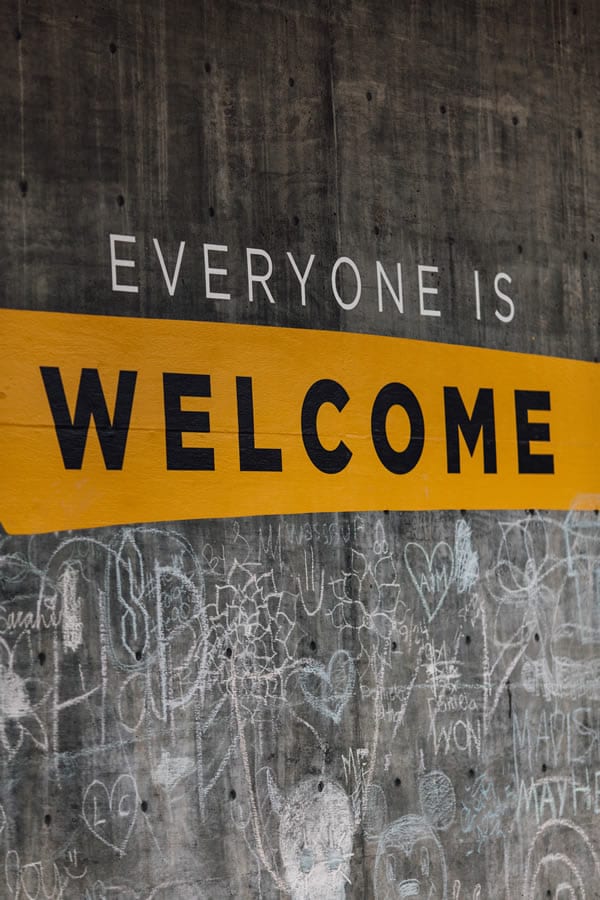July 10, 2020 Community Stories
A Safe, Warm Welcome for Refugees
Before COVID-19, conversations in Spanish, Somali, Nepali, Russian, Vietnamese, Swahili, and Arabic (to name a few) filled the reception areas and treatment rooms of Springfield’s Caring Health Center (CHC). President and CEO Tania M. Barber has missed those sounds most since CHC, the largest provider of refugee health services west of Boston, started providing most of its care remotely in March due to the COVID-19 pandemic.
The dislocation that refugees experience –new country, culture and language, often after long-term trauma– is compounded by the disruptions of the pandemic.
Barber described a group of Congolese men who arrived in Springfield early in 2020 and received initial health assessments at the Center. Hired as hotel cleaners, they had just started working prior to everything being shut down. Suddenly they were quarantined in a strange land, as confused as anyone about what was happening. The men didn’t qualify for unemployment benefits because they’d only worked for about two months, and were anxious about surviving in quarantine with no income.
A grant from the COVID-19 Response Fund for the Pioneer Valley enabled CHC to help the men and other refugee clients in direct and unusual ways. In addition to providing them with transportation and gift cards for grocery stores and pharmacies, CHC purchased and delivered mattresses – as a COVID-19 prevention measure.

“Extended families live together in crowded conditions,” said Barber. “There may be multiple people sleeping in one bed. The mattresses allow family members to spread out in the home at night, sleeping a safe distance apart from each other.”
Another new practice for CHC was telehealth. “We were complete beginners,” says Barber. “We needed to move quickly to make sure there were no gaps in care for our patients, and the first grant we received from the Community Foundation’s COVID-19 Fund was perfectly timed.” The grant supported CHC’s need to purchase laptops for staff members and to train everyone in best practices.
A few services continued on-site, including childhood vaccinations, urgent care, refugee health assessments, and COVID-19 testing. All required more personal protective equipment, In addition to masks, gloves, and gowns, CHC purchased a Walk-Up Doc, a clear booth with built-in gloves, designed so that the medical workers administering coronavirus tests needn’t continuously change masks and gowns between patients. “We can test more, with greater safety,” says Barber.
“Many refugees have come to expect very little,” says Barber. “In Springfield, they find a supportive network of community organizations. As hard a time as this is, it is great to be able to help and make a difference in people’s health and lives.”
Photo by Kate Moum on Unsplash